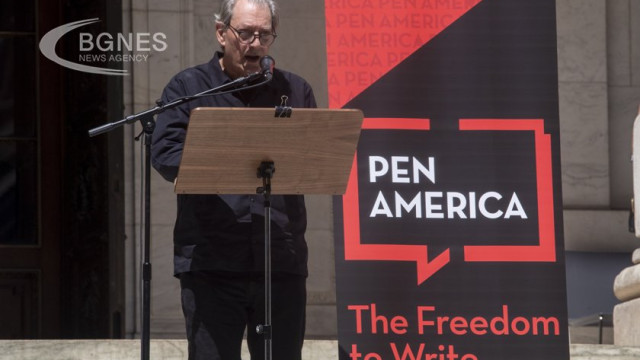Paul Auster, the prolific novelist, memoirist, and screenwriter who rose to fame in the 1980s with his postmodern revival of the noir genre and who became one of the most distinctive New York writers of his generation, has died of complications from lung cancer at his home in Brooklyn. He was 77.
His death was confirmed by his girlfriend, Jackie Liden.
Auster was often described as a "literary superstar" in the news. The British Times Literary Supplement once called him "one of America's most spectacularly inventive writers."
Although born in New Jersey, he has a lasting connection with the rhythm of New York City, which is a kind of hero in much of his work - especially Brooklyn, where he settled in 1980.
As his fame grew, Auster came to be seen as a guardian of Brooklyn's rich literary past, as well as an inspiration to the new generation of writers who flocked to the borough in the 1990s and beyond.
"Paul Auster was Brooklyn's go-to novelist in the '80s and '90s when I grew up there, at a time when very few famous writers lived in the borough," the writer and poet Megan O'Rourke, who grew up in the nearby Prospect Heights neighborhood, wrote in an email. "His books were on the shelves of all my parents' friends. As teenagers, my friends and I read Auster's works voraciously, both for their strangeness - that touch of European surrealism - and for their familiarity. "The writer's fame is anything but local. In France alone he received several literary prizes. Like Woody Allen and Mickey Rourke, Auster, who lived in Paris as a young man, became one of those rare American authors whom the French accept as a native son.
In Britain, his 2017 novel "4321" - which explores four parallel versions of its protagonist's early life - was shortlisted for the Booker Prize. /BGNES







